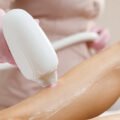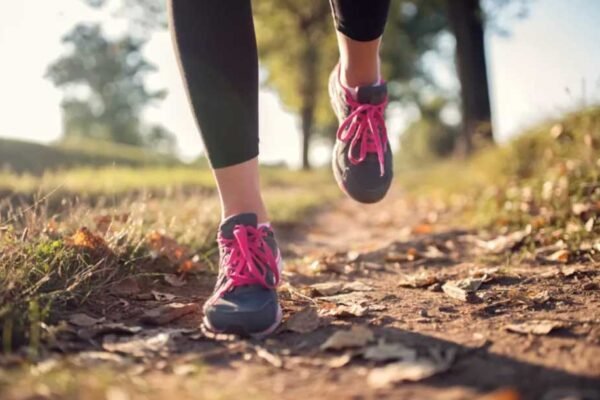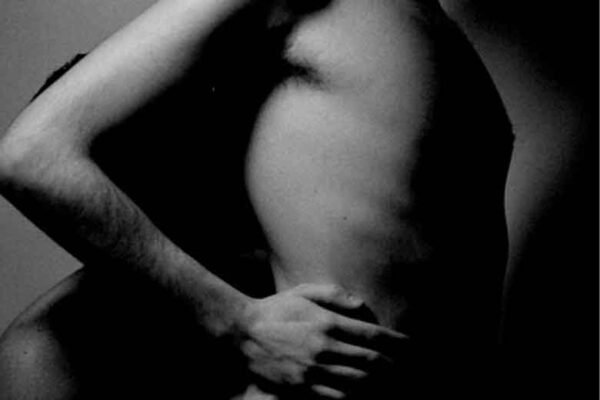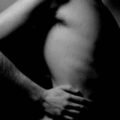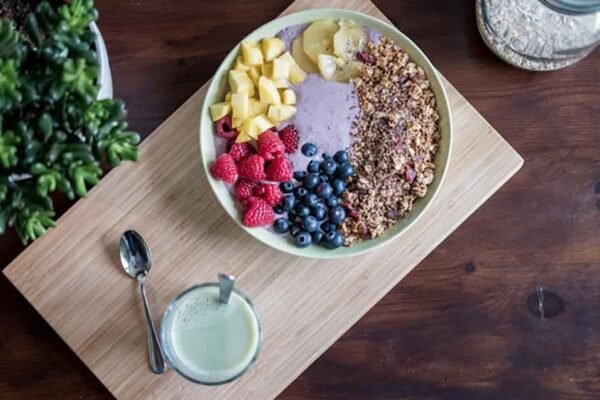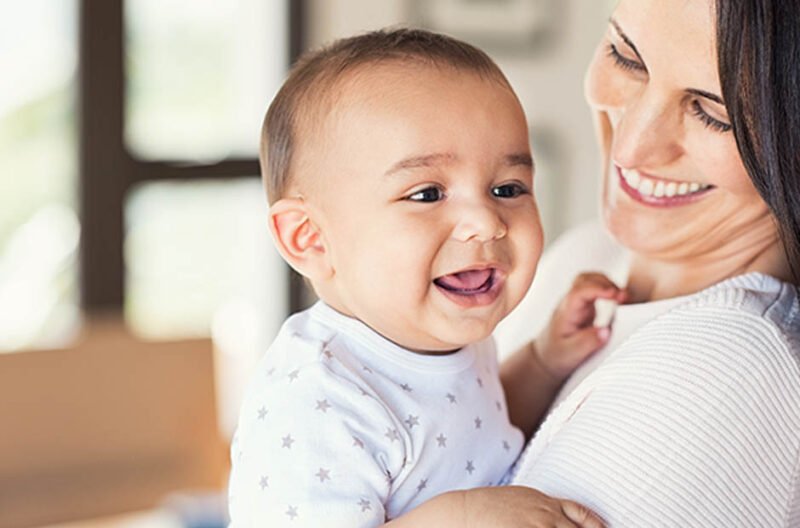
Bringing a new life into the world is a miraculous experience, but it also comes with a myriad of physical changes for the mother. Pregnancy and childbirth bring about transformations in the body that are both remarkable and challenging. From hormonal fluctuations to changes in body shape, here’s a look at what happens to a woman’s body after she has a baby.
Hormonal Changes
The hormonal rollercoaster begins during pregnancy and continues postpartum. Levels of estrogen and progesterone drop dramatically after childbirth, which can lead to mood swings, fatigue, and even postpartum depression in some women. Meanwhile, prolactin levels rise, signaling the body to produce breast milk.
Weight Fluctuations
Pregnancy causes weight gain, and shedding those pounds after delivery is a gradual process. Many women lose some weight immediately after giving birth due to the expulsion of the baby, placenta, and amniotic fluid. However, it takes time for the uterus to shrink back to its pre-pregnancy size, and excess weight gained during pregnancy can linger.
Abdominal Changes
The abdominal muscles stretch significantly during pregnancy to accommodate the growing baby. After childbirth, these muscles may remain stretched out, leading to a postpartum belly or “mom pooch.” This condition, known as diastasis recti, can be improved with targeted exercises but may require time and patience to fully resolve.
Breast Changes
Pregnancy hormones prepare the breasts for breastfeeding. After childbirth, the breasts become engorged as they fill with milk. This can cause discomfort and swelling, but it typically subsides as breastfeeding establishes a regular routine.
Over time, breasts may lose volume and firmness, especially after weaning. To help with this, you might decide to research procedures for a mommy makeover in Chicago to get your confidence back.
Vaginal Changes
The vaginal area undergoes significant changes during childbirth, particularly if there’s tearing or an episiotomy. These wounds require time to heal, and the vagina may feel stretched or sore for some time afterward. Some women may also experience urinary incontinence or changes in sexual sensation.
Hair and Skin
Pregnancy hormones can affect the hair and skin in various ways. Some women experience thicker, shinier hair during pregnancy, only to see it thin out after childbirth. Skin changes such as acne, melasma (dark patches), and stretch marks are common during pregnancy and may persist postpartum.
Postpartum Recovery
Recovering from childbirth is a process that varies from woman to woman. Some may bounce back relatively quickly, while others may struggle with lingering physical discomfort or complications. Rest, proper nutrition, and gentle exercise can aid in the postpartum recovery process.
Emotional and Mental Well-being
The postpartum period isn’t just about physical changes; it also brings about significant emotional and mental adjustments. Many women experience a range of emotions, from joy and elation to anxiety and sadness. It’s essential for new mothers to seek support and communicate openly about their feelings.
Sleep Deprivation
With round-the-clock feedings and a newborn’s unpredictable sleep patterns, sleep deprivation is almost inevitable for new parents. Lack of sleep can exacerbate postpartum mood disorders and make it challenging to cope with other physical changes.
Time and Patience
Perhaps the most important thing to remember is that the body needs time to recover and adjust after childbirth. It took nine months to grow a baby, so it’s only natural that it will take time for the body to return to its pre-pregnancy state, if it ever does completely. Patience, self-care, and realistic expectations are key during this transformative period.

